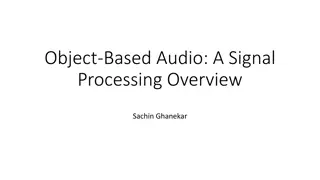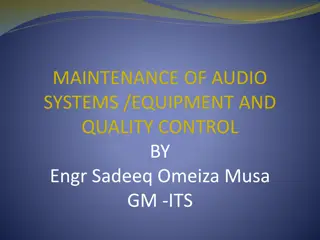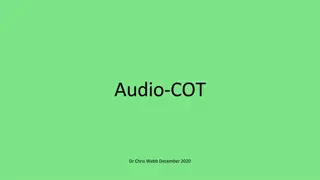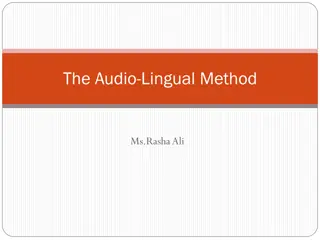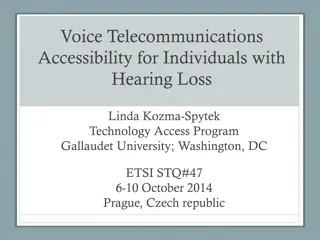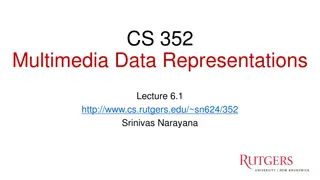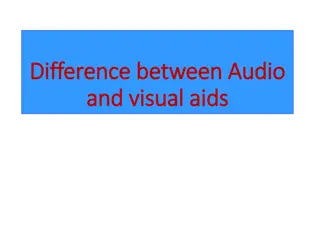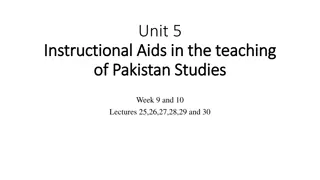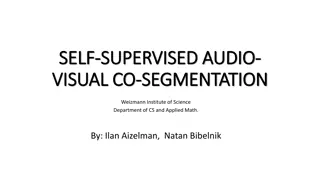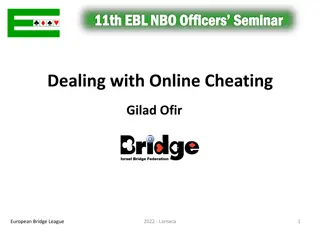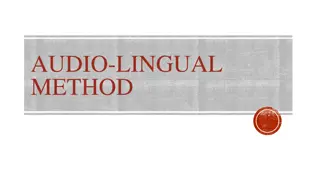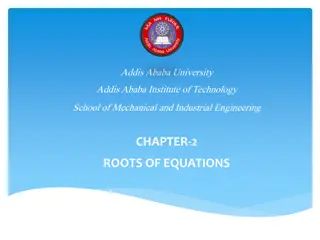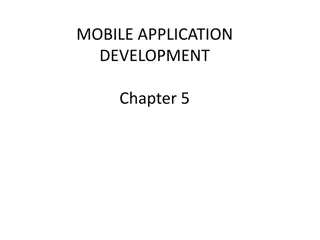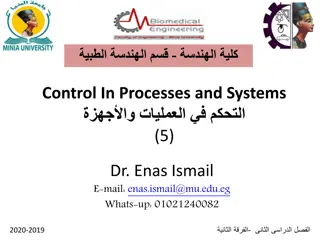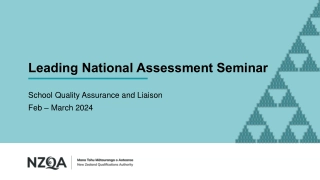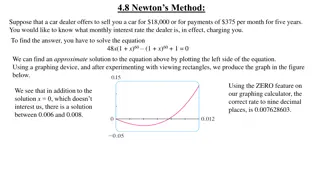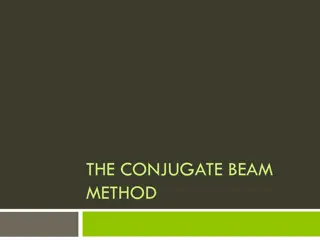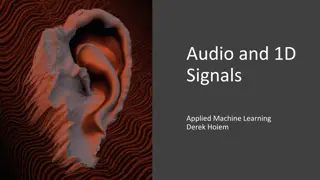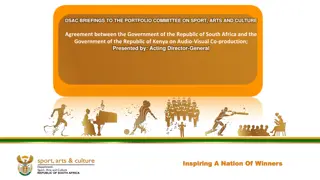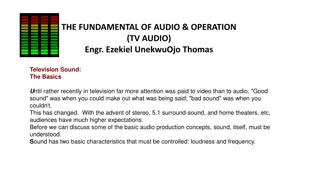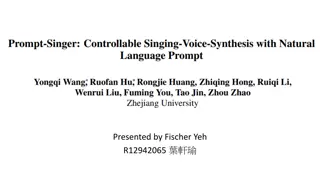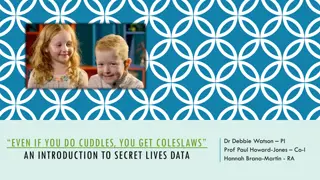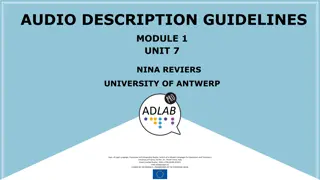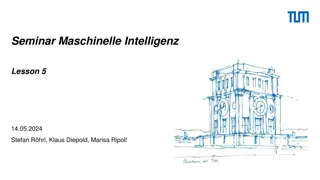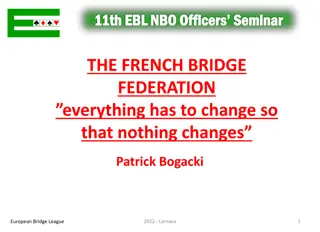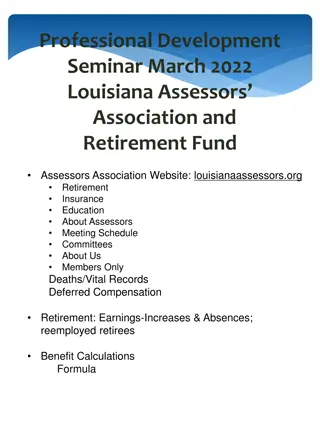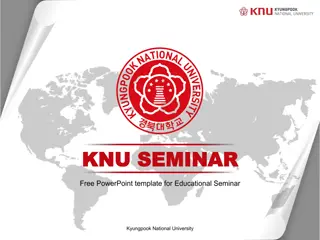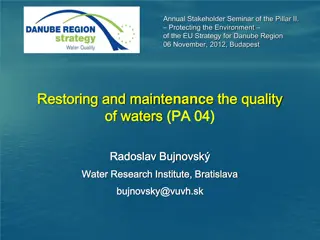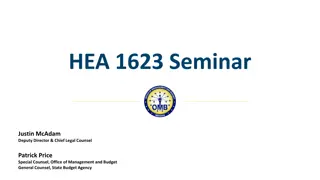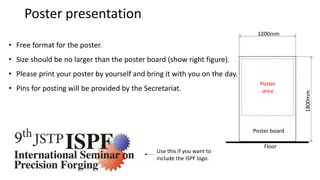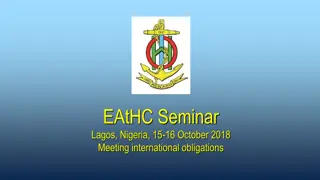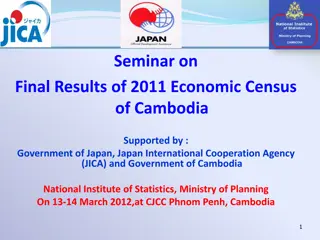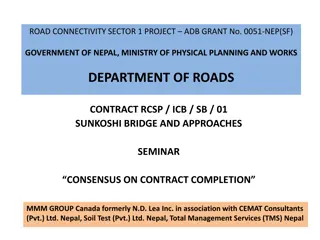Seminar Responses Assessment Method Using Recorded Audio
Seminar responses are challenging to assess due to group dynamics. A novel approach involves students watching seminar excerpts and recording responses as if present. The method is practical and aids in assessing language skills effectively. This study delves into the practicability and language assessment potential of this innovative approach, highlighting its benefits and limitations.
Download Presentation

Please find below an Image/Link to download the presentation.
The content on the website is provided AS IS for your information and personal use only. It may not be sold, licensed, or shared on other websites without obtaining consent from the author. Download presentation by click this link. If you encounter any issues during the download, it is possible that the publisher has removed the file from their server.
E N D
Presentation Transcript
Assessing Seminar Responses through Recorded Audio Blair Matthews BALEAP PIM Newcastle 2018 1
14 September 2024 Introduction the problem with seminars Seminars are difficult to assess Depend on the dynamics of the group (cultural norms, gender norms) not a level playing field Difficult to train/standardise markers Practically difficult to organise 2
14 September 2024 Seminar Response To assess seminar skills (and content knowledge) Ss watch a 5 minute excerpt of a seminar (on Blackboard) They stop at any point during the video and respond directly to the speaker as if they were in the same room They record a 3 minute response 3
14 September 2024 http://www.bristol.ac.uk/english- language/media/BALEAP-PIM/index.html 4
14 September 2024 Context Intercultural Communication Content course Assessed through speaking (and listening) skills Pre-Master s students (n=19) 15 female, 4 male 18 Chinese, 1 Saudi Arabian 5
14 September 2024 Criteria 25% 50% 25% 6
14 September 2024 Research Questions RQ1 How practicable is this assessment? RQ2 To what extent can we assess language using this method? 7
14 September 2024 Limitations Small sample size (n=19) Participants are researchers own students (availability bias) 8
14 September 2024 RQ1 how practicable is this assessment? No students missed the submission Record of student work Recordings can be used for training, standardisation, teaching In terms of practicability very useful 9
14 September 2024 RQ2 To what extent can we assess language using this method? Helped students use and apply learned concepts Washback effects on use of vocabulary/grammar (collocations, colligations) Pronunciation did not improve responses were memorised or read aloud http://www.bristol.ac.uk/english- language/media/BALEAP-PIM/index.html 10
14 September 2024 Comparison of Pronunciation Marks 80.00 70.00 60.00 50.00 40.00 30.00 20.00 10.00 0.00 Seminar response Presentation 12
14 September 2024 Problems Minor technical issues (volume) Inauthenticity of task Pronunciation Turntaking 14
14 September 2024 Can recorded responses help students become better performers in seminars? Perhaps, in terms of being able to use content knowledge, and being able to develop an idea or a contribution Perhaps not, in terms of turn-taking and pronunciation Seminars require so much in terms of intuiting what other people think or mean, that it may be impossible to teach/assess them completely 15
14 September 2024 Suggestions Don t assess pronunciation (or turntaking) Have spare audio recorders available Make a room available for recording (if students need a quiet place to record their responses) Perhaps make it an authentic task, such as an oral abstract/summary 16
14 September 2024 / kwes nz/ 17


